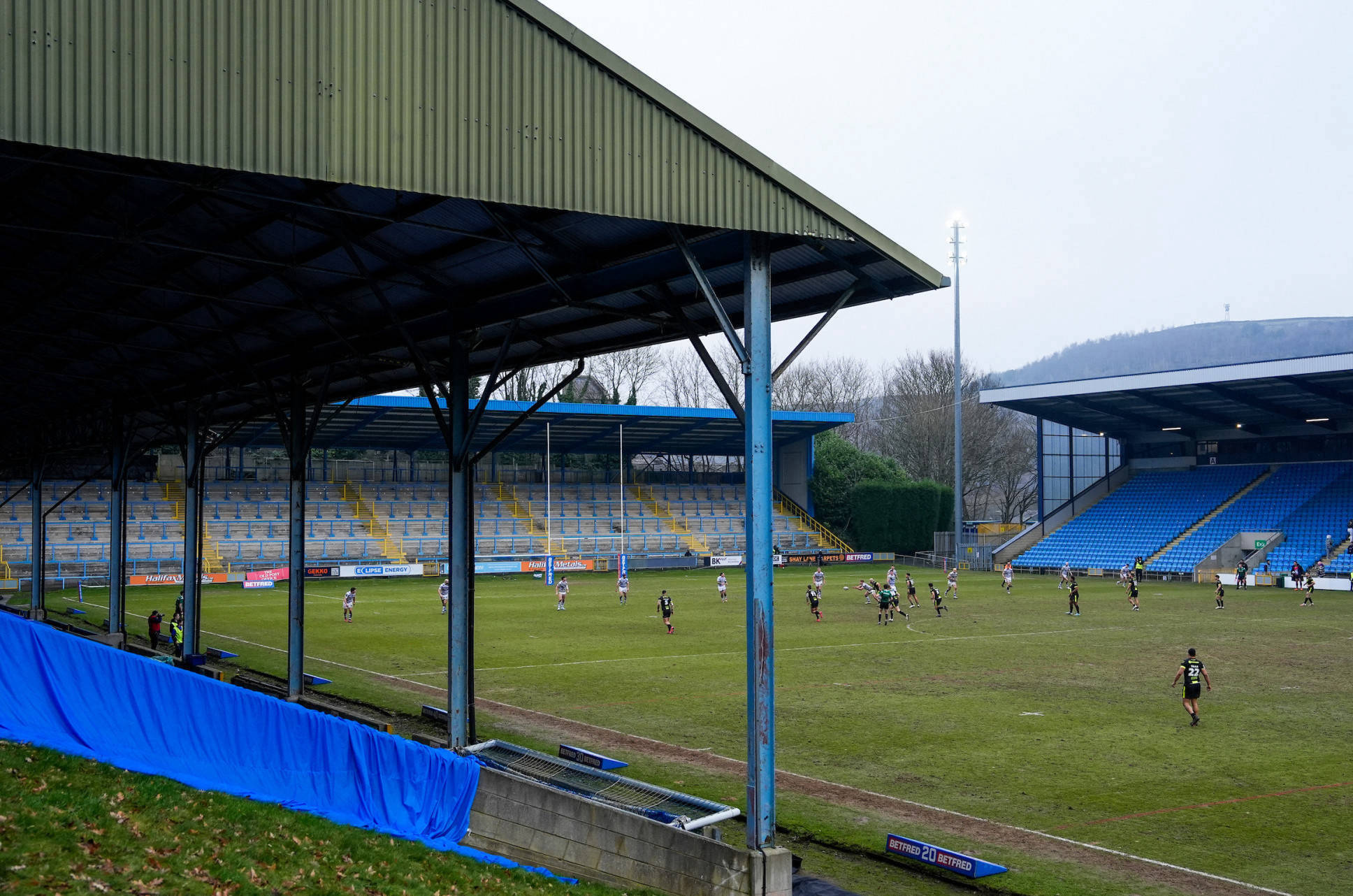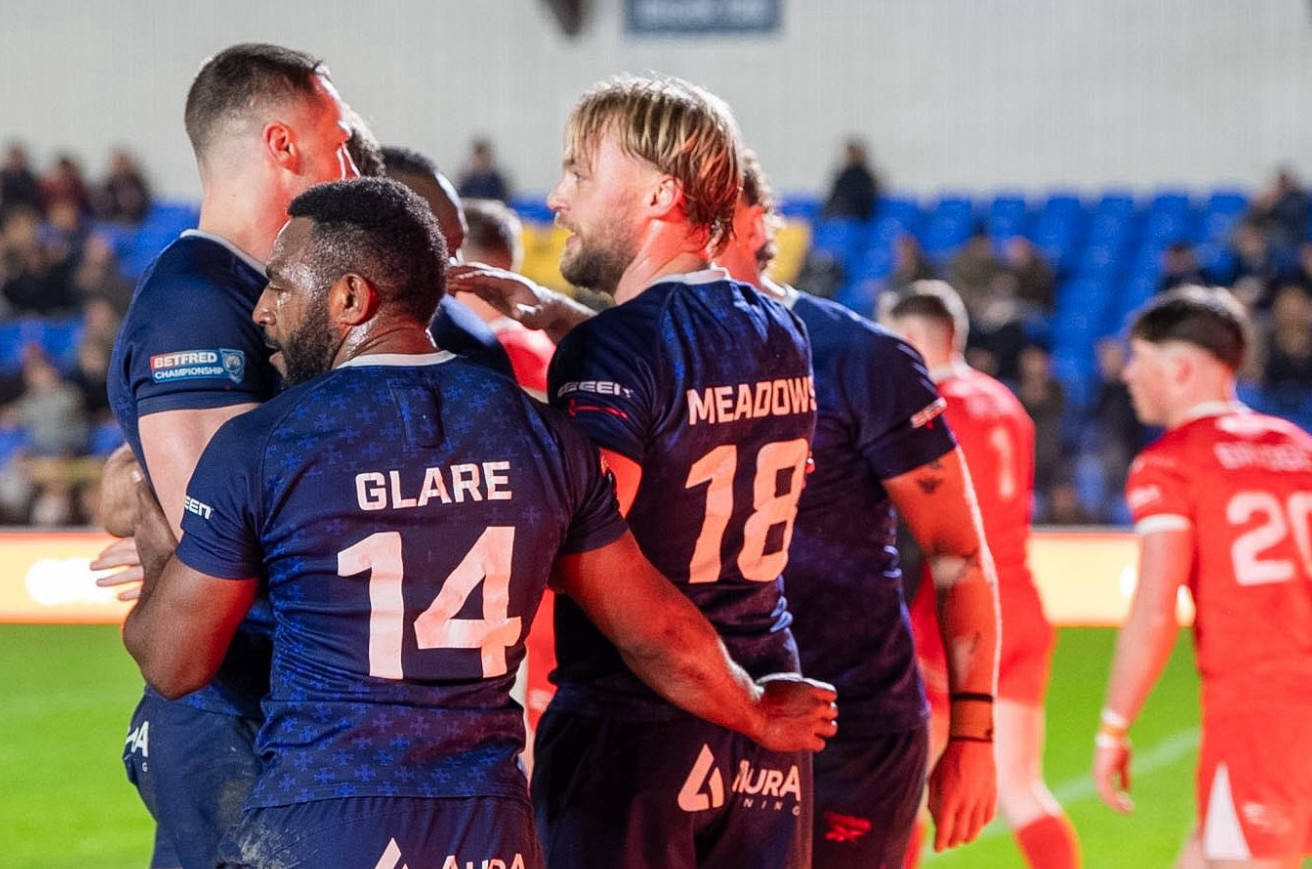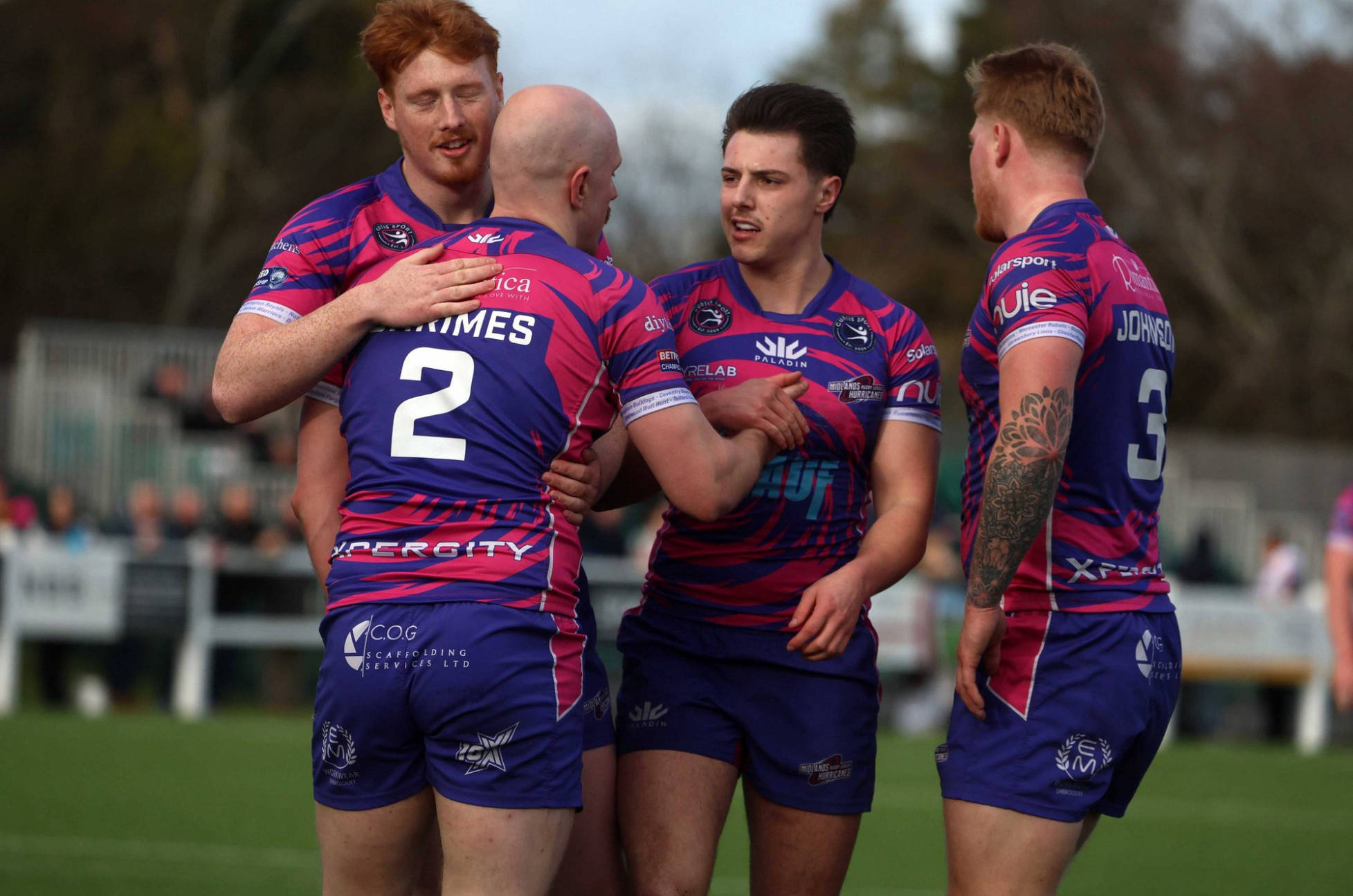
Seven Betfred Super League clubs have been awarded Grade A status in the indicative phase of the new club grading process that is being introduced as part of Rugby League Commercial and IMG’s ‘Reimagining Rugby League’ strategy.
Leeds Rhinos lead the way, with a score of 17.49 out of the maximum available 20, following detailed analysis of every club’s performance under five pillars – On-Field Performance, Fandom, Finances, Stadium and Community.
They are followed by three clubs separated by 0.14 points, with Wigan Warriors’ success in winning the 2023 Grand Final lifting them to second on 16.87, ahead of St Helens in third on 16.78 and Catalans Dragons in fourth on 16.73.
Warrington Wolves are fifth on 15.75, and both Hull clubs have earned A grades, with Hull KR sixth on 15.52, and Hull FC seventh on 15.05 – just above the threshold of 15 points required to be graded A.
Toulouse Olympique are the highest-performing club outside the Betfred Super League, with their score of 12.97 leaving them 10th in the indicative rankings as the third strongest of the 17 B-graded clubs.
After the data submission deadline, Castleford Tigers submitted information that the RFL will review and consider particularly given the tight scoring margins around the 12th position in the rankings.

Membership of the Betfred Super League in 2025 will be determined by the top 12 teams in the 2024 rankings, which will be announced at the culmination of the 2024 season.
The main purpose of the indicative grading process in 2023 is to give clubs a clear indication of their strengths and weaknesses, and the areas in which they need to improve to increase their score in 2024.
Tony Sutton, the Chief Executive of the Rugby Football League, said:
“Rugby League embarked on a bold journey with the launch of the strategic partnership with IMG in May 2022, and 18 months into that journey, the publication of these indicative club gradings is a highly significant step.
“The sport has had to examine itself more closely than ever, at all levels – whether in terms of our central governance, or for our clubs in assessing all areas of their off-field performance.
“The results are heartening, as seven of our clubs already reach the A Grade by reaching the score IMG set as the benchmark, and which we believe should be the level clubs need to achieve in order to confirm their place in our elite competition – and another 17 have earned a B Grade and now know exactly what they need to do to reach the higher level.
“Congratulations are due to the A Grade clubs, although I know they will not be resting on their laurels as the key to the grading process is that it is dynamic and requires clubs to maintain standards.
“All clubs also deserve recognition for the positive way in which they have engaged in this process, all with the aim of raising the standards of Rugby League – and of reimagining the sport.”
Grading was one of seven recommendations which were presented to Rugby League in the autumn of 2022 as part of IMG’s Reimagining of the sport, and which were supported by a substantial majority of clubs at all levels.
Grading has been designed to incentivise clubs to grow their fanbase and top-line non-centralised revenue, to better engage with fans, to be run in a best-in-class way, to invest in their club and the sport in a sustainable way, and to ensure strong governance.
Full details of the grading criteria were published in early 2023 - IMG & Rugby League Grading Criteria 2023.pdf (rugby-league.com) – with clubs receiving the grading criteria handbook later in the spring, which has also been published given the emphasis on transparency throughout the process Rugby League Grading Handbook Updated.pdf (rugby-league.com)




